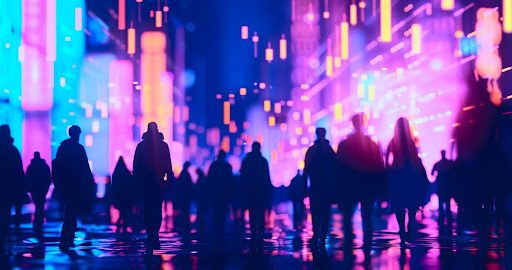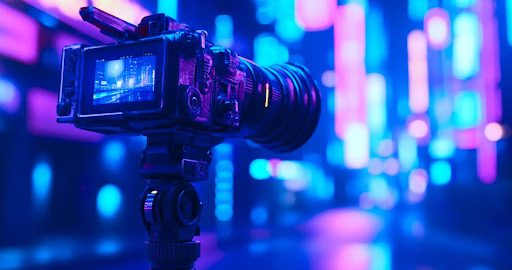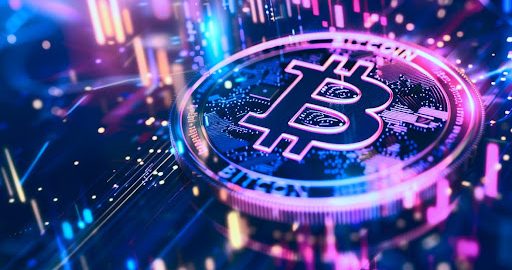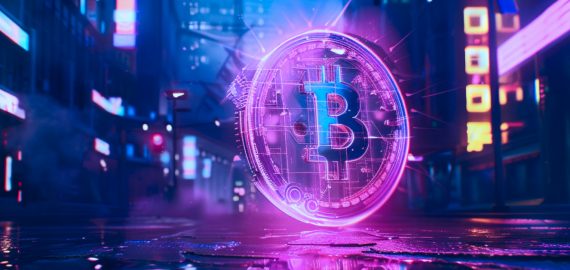What exactly is a decentralized autonomous organization, and how does it function? (2023)
In Brief
A decentralized autonomous organization comes into existence when its foundational code is deployed on a blockchain, establishing the organization's operational guidelines.
DAOs remove the need for personal trust between distinct parties involved in transactions.
Think of a decentralized autonomous organization (DAO) as a digital construct governed by predetermined rules programmed into a blockchain or distributed ledger. The beauty of DAOs lies in their autonomy; they function without any central authority, making them robust against censorship and manipulation. Furthermore, as operations are driven by code, they can be structured to ensure transparency and fairness.
How does a DAO work?
A DAO is born when code is deployed onto a blockchain, architecting the rules of governance. Once established, it can persist endlessly on the blockchain. Participants engage with the DAO by submitting transactions to its smart contracts, initiating actions like voting, proposing ideas, or managing fund transfers.
DAOs can be inclusive or exclusive regarding participation; they can allow anyone to join or limit access to those who meet specific criteria. For instance, a DAO could be structured to permit only verified individuals or those holding a certain amount of cryptocurrency.
DAOs can serve a plethora of purposes, from financing projects to decentralizing decision-making processes, or even combinations of objectives. What consolidates all DAOs is their nature as self-governing entities existing on a blockchain.
Why do we need DAOs?
By removing the reliance on personal trust between individual actors, DAOs enhance security. In traditional frameworks, investors must trust the individuals managing the investment. DAOs, however, foster confidence in the underlying code, which inherently strengthens their security architecture and resilience against attacks.
DAOs also promise superior efficiency compared to conventional organizations. With operations managed by code, they can automate functions typically performed by human agents. For example, a DAO can seamlessly allocate resources to projects that meet predefined conditions.
Moreover, DAOs transcend geographical boundaries. Being internet-based, they can effortlessly engage with global stakeholders, making them perfect for worldwide collaborations.
How does a DAO work legally?
Community votes shape the rules embedded in the DAO’s smart contracts. A DAO operates as a digital organization governed by a specific set of established rules or code on the blockchain, ensuring that no single entity holds control. Decision-making occurs through a consensus-driven voting process among community members.
So, how does a DAO function in practice? Initially, anyone interested can join by purchasing tokens that symbolize ownership stakes within the organization, granting them the ability to vote. The DAO's governing rules are encoded and stored on the blockchain, eliminating the possibility of alterations without collective consent.
Decisions are made democratically through vote counts from token holders. Those holding tokens possess the authority to influence decisions related to funding, project advancement, and more. This structure fosters transparency and a democratic ethos in governance.
The legitimacy of DAOs remains a complex issue, tangled in legal ambiguities revolving around jurisdiction, liability, and regulatory environments. However, DAOs can facilitate various legal agreements, such as asset transactions or debt arrangements.
Examples of DAOs
Numerous varieties of DAOs exist, including but not limited to:
Uniswap : This DAO functions as a decentralized exchange on the Ethereum blockchain, allowing users to trade cryptocurrencies without reliance on a central authority.
LexDAO LexDAO : A DAO that focuses on establishing a decentralized legal framework on the Ethereum blockchain.
Disadvantages of DAOs
While DAOs may appear faultless in theory, several challenges exist:
- Loss of funds: One of the most significant dangers Engaging in a DAO carries the risk of total capital loss, particularly if the organization suffers from hacking incidents or flaws in the underlying code that allow for fund misappropriation.
- Governance issues: By their autonomous nature, DAOs face a significant dilemma: there’s no leadership to guide decisions if problems arise, which can lead to confusion and differing opinions among members.
- Limited participant criteria: Some DAOs limit membership to individuals who fulfill specific requirements, which narrows the potential pool of contributors and complicates consensus-building.
- Security vulnerabilities: DAOs are not immune to security threats that could lead to breaches. Bugs and loopholes might permit unauthorized access to funds.
Despite these challenges, DAOs hold the promise of transforming our interactions within the digital landscape. By eliminating the necessity for personal trust, they can streamline online commerce. Their capacity to automate traditionally human tasks positions them to far exceed the effectiveness of conventional organizations.
Related articles:
- The DeGods NFT collection on Solana transitions to a royalty-free model.
- Doodles, an NFT initiative, has rolled out the Genesis Box.
- The Doodles NFT collection has successfully raised $54 million, solidifying its position as a leading global brand in the Web3 entertainment space.
- NASA plans to broadcast a live rocket launch in stunning 8K virtual reality.
Disclaimer
In line with the Trust Project guidelines Please remember that the information on this page is not intended to serve as legal, tax, investment, financial, or any other form of professional advice. Always invest only what you can afford to lose, and seek independent financial counsel if uncertain. We encourage reviewing the terms and conditions, as well as the help pages provided by the issuer or promoter. MetaversePost strives for accurate and impartial reporting, but market conditions can change without notice.







